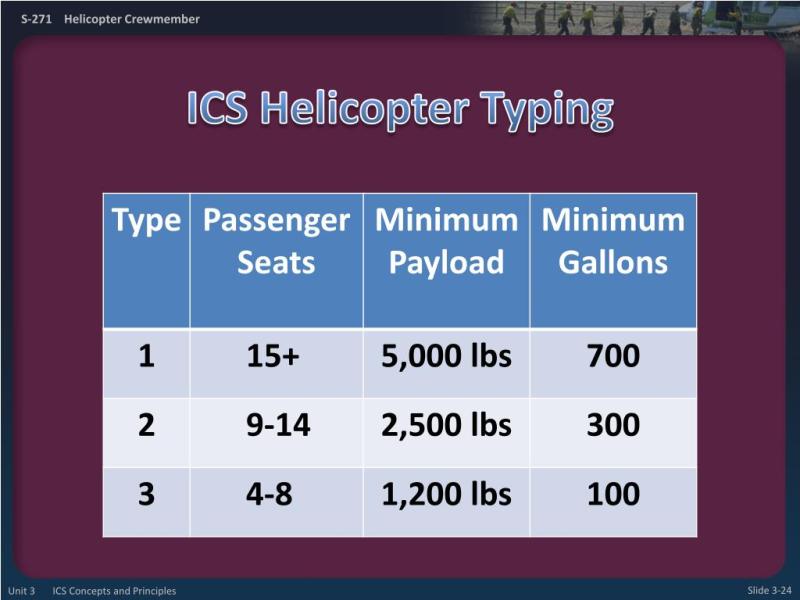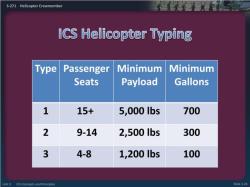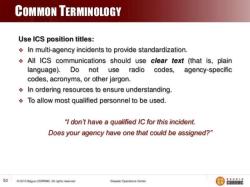What is the basic ICS principle?
The fundamental principle of the Incident Command System (ICS) revolves around establishing a standardized, scalable, and flexible management structure to effectively manage incidents of any size or complexity. However, if we were to pinpoint one basic principle, it would be:
Unified Command: The basic principle of ICS emphasizes the establishment of a unified command structure. This involves bringing together personnel from multiple agencies or jurisdictions to work together under a single command structure without compromising individual agency authority.
Key aspects of the Unified Command principle include:
Shared Objectives: All involved agencies and organizations agree on common incident objectives and work towards achieving them collectively.
Joint Decision-Making: Representatives from different agencies collaborate in decision-making processes, ensuring that decisions are well-informed and consider all perspectives.
Clear Communication: Effective communication channels are established among all responders, ensuring information sharing, coordination, and a common operational picture.
Coordinated Action: Resources and efforts are coordinated based on the overall incident objectives, optimizing the use of available resources and minimizing duplication of efforts.
Unified Command allows for better coordination, collaboration, and integration of efforts among various responders and agencies involved in managing an incident. It fosters a cohesive response structure that can adapt to the changing dynamics of an incident while ensuring a unified direction towards achieving common goals.
What fundamental principle underlies the Incident Command System (ICS)?
The Incident Command System (ICS) rests on a fundamental principle of unified command. This principle dictates that there is only one incident commander at any given time who holds ultimate authority and responsibility for overseeing all aspects of the incident response. This ensures a coordinated and effective response by eliminating confusion and conflicting priorities among responders from different agencies or disciplines.
Unified command fosters several key benefits:
- Clear Lines of Authority: With a single decision-maker at the helm, responders know who to report to and whose instructions to follow. This streamlines communication and prevents delays caused by conflicting orders.
- Effective Resource Allocation: The incident commander has a holistic view of the situation and can prioritize resources based on the most urgent needs and evolving conditions. This ensures efficient utilization of personnel, equipment, and supplies.
- Improved Interoperability: ICS facilitates collaboration between different agencies and jurisdictions by establishing a common language and standardized operating procedures. This allows responders from diverse backgrounds to work together seamlessly and effectively.
- Enhanced Accountability: The clear chain of command within ICS establishes accountability for outcomes and facilitates after-incident evaluations. This improves future preparedness and helps identify areas for improvement.
While unified command forms the core principle of ICS, it's important to note that it doesn't imply a "dictatorship." ICS also emphasizes collaboration and teamwork among various response personnel. The incident commander relies on input from specialists and team leaders to make informed decisions and ensure all necessary perspectives are considered.
In essence, the unified command principle within ICS balances centralized decision-making with decentralized execution, enabling a flexible and efficient response to a wide range of incidents.
I hope this explanation clarifies the fundamental principle underlying the Incident Command System and its significance in effective incident management.




